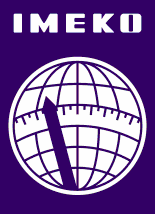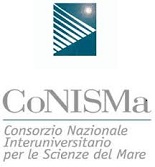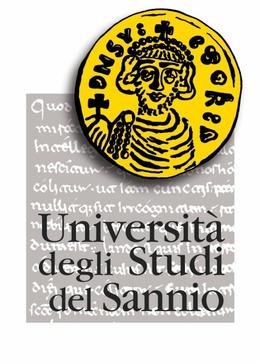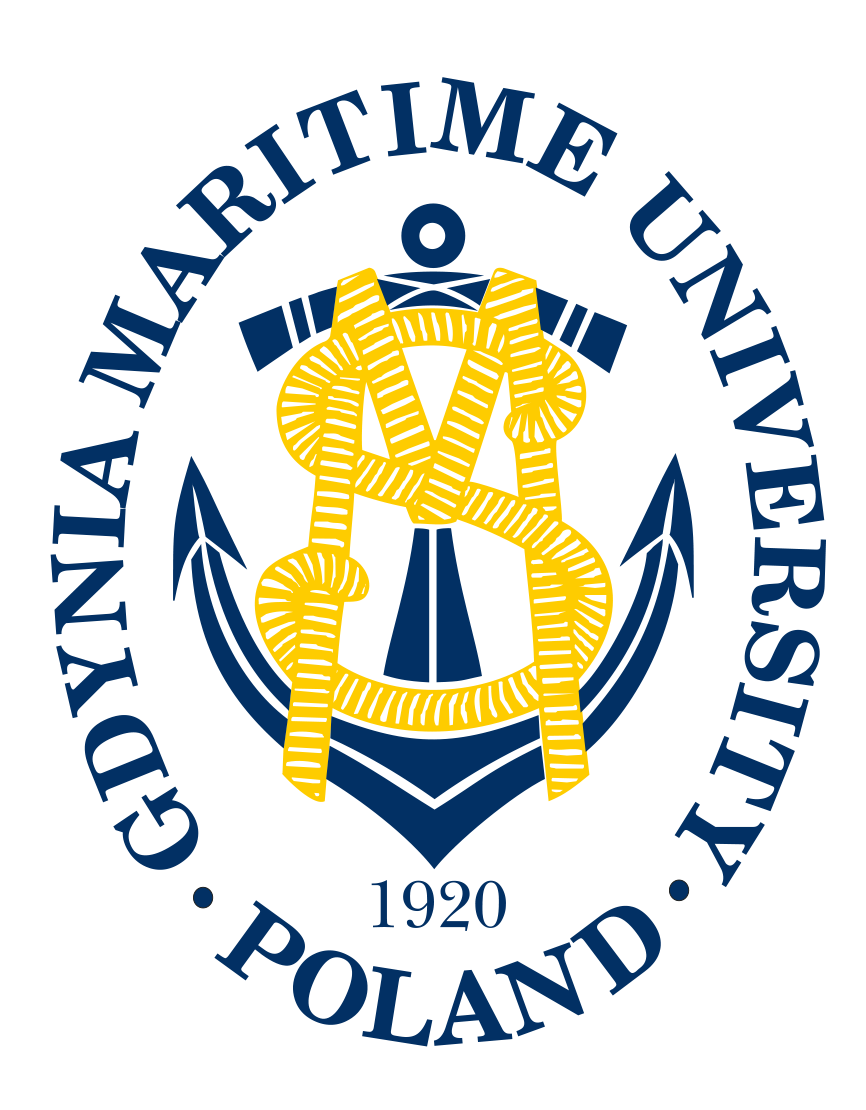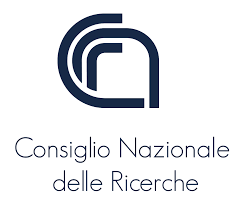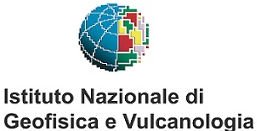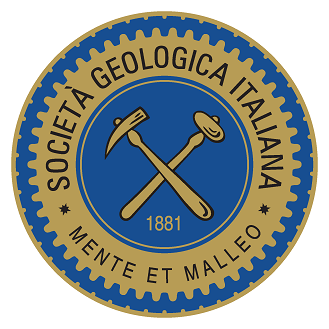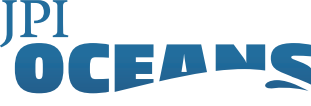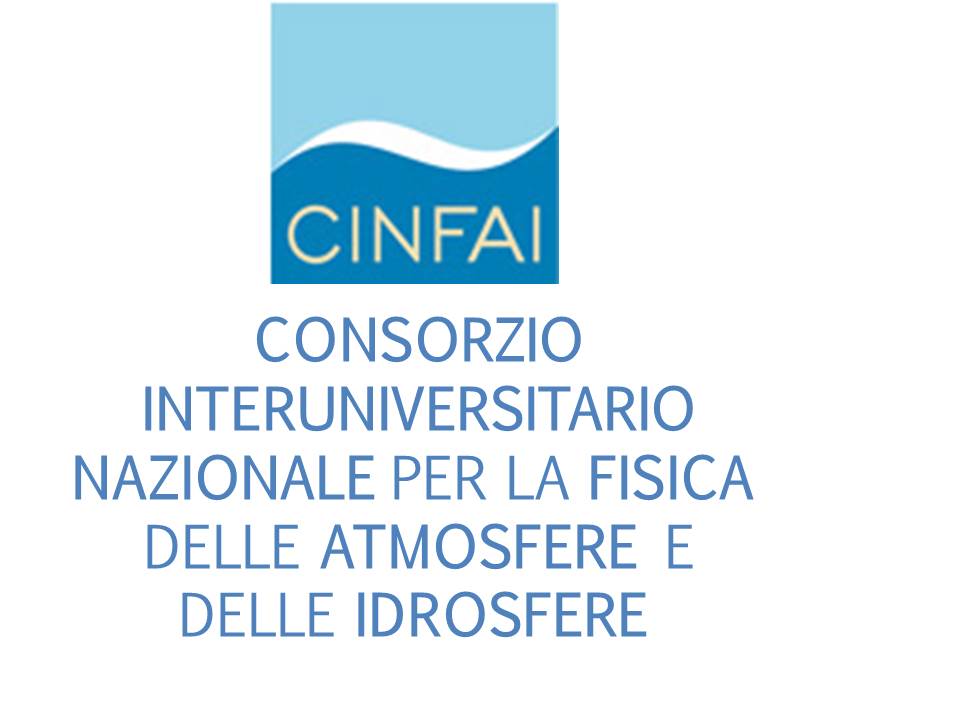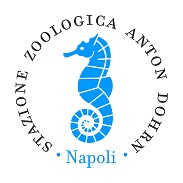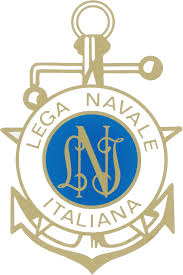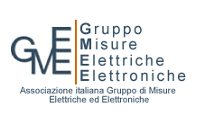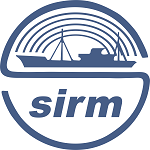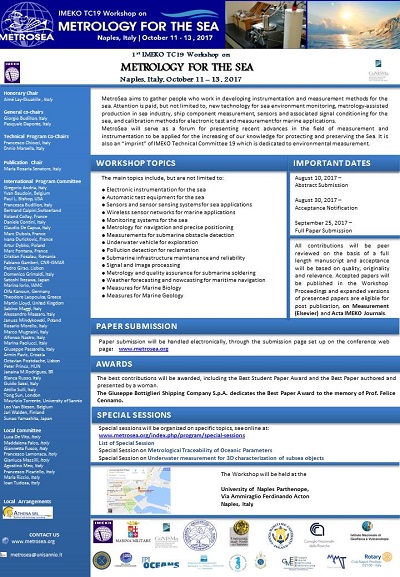SPECIAL SESSION
Multidisciplinary observation systems
CHAIRS
Prof. Giorgio Budillon, Università degli Studi di Napoli Parthenope Italy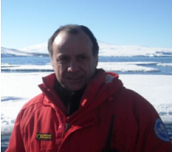
Giorgio Budillon was born in Napoli (Italy) on 13 June 1962 and he earned in February 1989 his degree in Nautical Sciences, majoring in Physical Oceanography, at the University “Parthenope” of Napoli where he is now Full Professor of “Oceanography and Atmospheric Physics” and Deputy Director at Department of Science and Technology.
He is a field-going physical oceanographer, an observationalist. His research is primarily directed at the ocean's stratification, circulation and mixing and its role in Earth's climate system.
Historically much of his research deals with the Southern Ocean (Pacific Sector and Ross Sea), but studies of the warmer waters of the Mediterranean Sea compose a relevant part of his research activity started in 1991.
In the last years he studied the transfer of heat and freshwater within the ocean and between the ocean, cryosphere and atmosphere in both coastal and oceanic environment with specific attention to stratified ocean bodies, to interbasin exchanges, to the dense water formation, to the ventilation of the deep ocean interior, to the polynya processes, and to sea-air-ice interactions.
The research activity is reassumed in more than 370 publications as author or co-author: more than 100 scientific papers published mainly on international journals (1 encyclopedia); more than 240 talks at national and international meetings and workshops; tens of technical reports and dissemination articles. Moreover he participated in more than 40 oceanographic cruises in Mediterranean Sea, Southern Ocean, and Ross Sea (Antarctica).
Dr. Fabio Conversano, Stazione Zoologica Anton Dohrn Napoli (SZN) Italy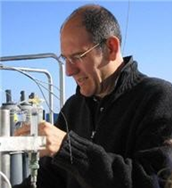
My research focuses on the study of hydrological and biogeochemical cycles in the Mediterranean Sea in relation to atmospheric forcing and climate change, and in particular on flows and budgets of nutrients and dissolved oxygen in its water masses. In addition, I manage, organize, and participate in oceanographic cruises within national and international research projects and take care of the management and organization of databases (oceanographic data collected).
My roles in the projects include: a) scientific support to the study of fluid dynamics correlated to chemical, physical and biological data, within the context of biogeochemical cycles of the Mediterranean Sea, and b) the technological support for the acquisition, processing, graphical representation and analysis of oceanographic data. The latter aspect includes know-how and management of oceanographic instrumentation.
PhD in Environmental Science (Sea Science), I participated in more than 20 oceanographic campaigns and 3 expeditions in Antarctica. I’m co-author of about 15 publications on international and national journals.
Dr. Paolo Favali, Istituto Nazionale di Geofisica e Vulcanologia di Roma (INGV) Italy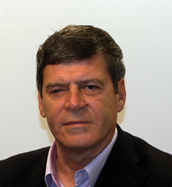
He has been teaching “Physics of Solid Earth” in three Italian Universities for 16 years (1994-2009)- Tutor of many students during their degree and PhD theses.
Editor of two books (B1-B2) and two special issues (S1-S2) in 2002-2015:
B1) "Science-Technology Synergy for research in marine environment: Challenges for the XXI Century", Developments in Marine Technology, 2002, vol.12, pp.268, Elsevier, Amsterdam. This book includes 4 original co-authored contributions.
B2) “Seafloor Observatories: A New Vision of the Earth from the Abyss”, Geophysical Series, 2015, pp.676, ISBN:978-3-642-11373-4, e-ISBN:978-3-642-11374-1, ISSN:165-9748, doi:10.1007/978-3-642-11374-1, Springer-Verlag Berlin Heidelberg. This book includes also 5 original co-authored chapters.
S1) "GEM-Geologic Emissions of Methane from lands and seafloor: mud volcanoes and observing systems", Environmental Geology, 2004, vol.46, 8, 987-1135, doi:10.1007/s00254-004-1082-4, Elsevier, Amsterdam. This special issue includes 2 original co-authored papers.
S2) “From land networks to seafloor observatories”, Annals of Geophysics, 2006, vol.49, 2-3, 515-879. This special issue includes 5 original co-authored papers.
Member (1999-2003) for the European Science Foundation of the Detailed Programme Group SEIZE (Seismogenic Zone Experiment) of Ocean Drilling Programme. Member of the Steering Committee of the European initiative “The Deep-Sea Frontier” in 2005.
Co-ordinator of many EC and national projects (1995-2020) for the development and scientific use of multidisciplinary seafloor observatories and networks, and related infrastructures.
Co-ordinator of the European Research Infrastructure EMSO-PP (European Multidisciplinary Seafloor and Water-Column Observatory-preparatory Phase, 2008-201).
He acts as Expert Evaluator of project proposals from the 5th Framework Programme of the European Commission.
He published about 150 papers on International and Italian Journals.
Sea environment represents a complex system, characterized by natural processes with strong interactions with land or deeper environment, whose knowledge is still limited. Sea and ocean are relevant assets and, therefore, the development of strategies and policy aimed at a true "blue economy" is needed. The development and integration of both coastal and offshore observation systems will give the opportunity to integrate seismological, vulcanological, geomagnetic, geochemical, oceanographic, biological and ecological observations together. The development of new multidisciplinary research tools and techniques is required to extend the long term observation capacity to new and larger areas, and to better investigate the relationships and interdependencies of environmental processes. This strategy will fully support the "blue economy", which involves all public and private players operating on marine and coastal environments.
In this framework, the initiatives supported by the European Commission (EC) such as ESFRI (www.esfri.eu), EUROARGO ERIC, EMSO ERIC, EMBRC and other EC-funded infrastructure projects such as JERICO- NEXT pave the way for the improvement or development of existing or new European Research infrastructures.
These actions allow scientists to intensify, specialize and extend geophysical, geochemical and oceanographic monitoring activities in areas of great scientific interest. They permit to acquire new information, useful to national policy makers for the design and implementation of required interventions for a better management of the marine resources, and their use as resources from an energy point of view.
The METROLOGY FOR THE SEA Workshop is an opportunity for exchanges experiences between the different partners from various Italian and European institutions, and to discuss on the strategic relevance of marine observation actions and the quality of data collected.
Proposed themes
The workshop will comprised scientific contributions (at least 5 communications) and a round table, in the aim to discuss the following aspects:
• the importance of continuous observatory systems and the benefits of historical series in different spatial and temporal contexts, stressing the interoperability of research groups (from physical oceanography, chemistry and biological to biogeochemistry and geophysics);
• the importance of time series in the management of territory and coastal areas (e.g, bioremediation projects);
• the importance of quality control of produced data;
• the importance of experimentation, technological development and synergy between scientific research and private companies.

